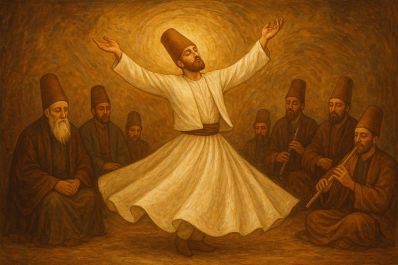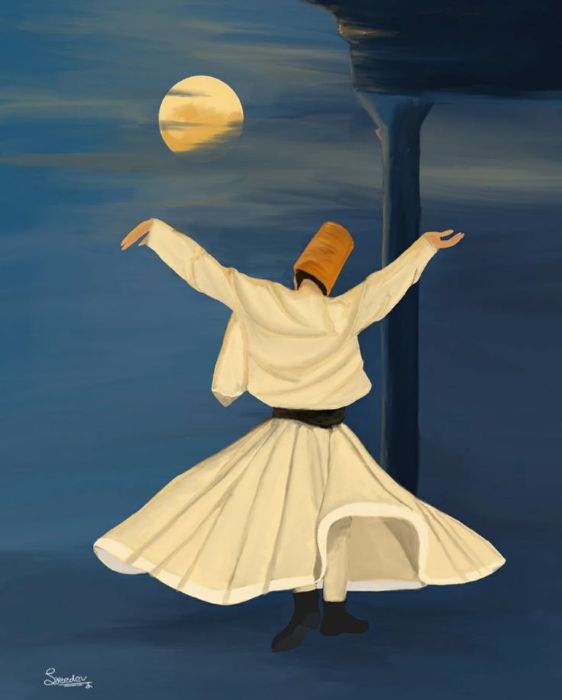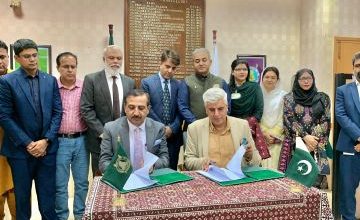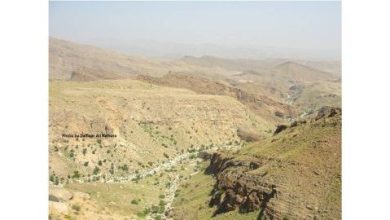
In the modern era, traditional moral and social values encounter several new challenges
By AYESHA BUGHIO
Sindh is one of the world’s ancient civilizations, known for its long standing traditions of thought, ethics, tolerance, and humanism. From the civilization of Mohenjo Daro to the era of Sufi poets, Sindh’s intellectual heritage has been defined by values such as truthfulness, compassion, cooperation, and respect for humanity. In the ancient Sindhi civilization, principles like urban discipline, cleanliness, adherence to law, and mutual respect formed the foundations of social ethics. This tradition later became deeply enriched through Sufi thought, which gave Sindh’s intellectual identity a universal humanistic character.
 The Sufi tradition of Sindh greatly expanded its intellectual depth and gentle temperament. Shah Abdul Latif Bhittai emphasized the unity of humankind, love, inner truth, and spiritual freedom. In his poetry, ethics appear not merely as social duties but as spiritual obligations. Sachal Sarmast spoke of broad-mindedness, tolerance, and the fundamental equality of human beings, while other Sufi poets highlighted love, justice, honesty, and truth as central moral principles. Because of this Sufi influence, tolerance, mutual respect, and ethical balance became strong collective traditions within Sindhi society.
The Sufi tradition of Sindh greatly expanded its intellectual depth and gentle temperament. Shah Abdul Latif Bhittai emphasized the unity of humankind, love, inner truth, and spiritual freedom. In his poetry, ethics appear not merely as social duties but as spiritual obligations. Sachal Sarmast spoke of broad-mindedness, tolerance, and the fundamental equality of human beings, while other Sufi poets highlighted love, justice, honesty, and truth as central moral principles. Because of this Sufi influence, tolerance, mutual respect, and ethical balance became strong collective traditions within Sindhi society.
Several moral values have been transmitted across generations within Sindhi society. Respect and etiquette are essential components of social life honoring elders, showing kindness to the young, practicing hospitality, and keeping one’s word are deeply respected virtues. Sindhi cultural traditions also assign dignity to the social role of women, although modern times highlight the need to further strengthen this value. At the societal level, empathy, cooperation, and goodwill toward humanity form the core ethical foundations upon which Sindhi society stands. Respect, hospitality, and etiquette in Sindhi society are values that frequently appear in folk literature, proverbs, and stories.
The well-known Sindhi proverb, “Respect leads to honor,” captures the social ethic used to measure an individual’s character. In Sindhi households, “accepting the wisdom of elders” and “showing affection to the young” remain traditional moral norms. Sufi literature also emphasizes respect for women as a major ethical value. In his Risalo, Shah Abdul Latif Bhittai presents Marui as a symbol of Sindh’s dignity, loyalty, and honor. The character of Marui demonstrates that women have historically been regarded as embodiments of social and moral virtue in Sindhi culture.
In the modern era, traditional moral and social values encounter several new challenges. Negative influences of social media, increasing intolerance, unnecessary linguistic competition, economic pressures, lack of ethical education, and the youth’s growing distance from their language all signal threats to Sindh’s traditional moral framework. However, at the same time, a renewed awareness of identity and culture is emerging among the younger generation, an encouraging sign for the revival of Sindhi literature, language, and cultural values.
Achieving a balance between modernity and tradition may be the best way to safeguard Sindh’s moral heritage. The analysis reveals that Sindh’s intellectual and moral values are not static; they evolve with time. The broad philosophical foundations of Sindhi Sufism align closely with modern human ethics. If the youth maintain a strong connection with their cultural heritage, Sufi philosophy, and the Sindhi language, Sindhi society will not only remain morally strong but may also emerge as an exemplary humanistic society in the modern world. The intellectual and moral heritage of Sindh is not merely a memory of the past it is a guiding light for the future. This heritage directs Sindhi society toward human dignity, tolerance, love, knowledge, and social justice. If the younger generation builds a strong relationship with their language, culture, and intellectual traditions, the moral, social, and intellectual future of Sindh will continue to grow brighter.
Read: Sindhi Language: Cultural, Historical, and Social Importance
________________________
 AYESHA BUGHIO is an Anthropologist, Researcher, Writer, and Social Activist
AYESHA BUGHIO is an Anthropologist, Researcher, Writer, and Social Activist




